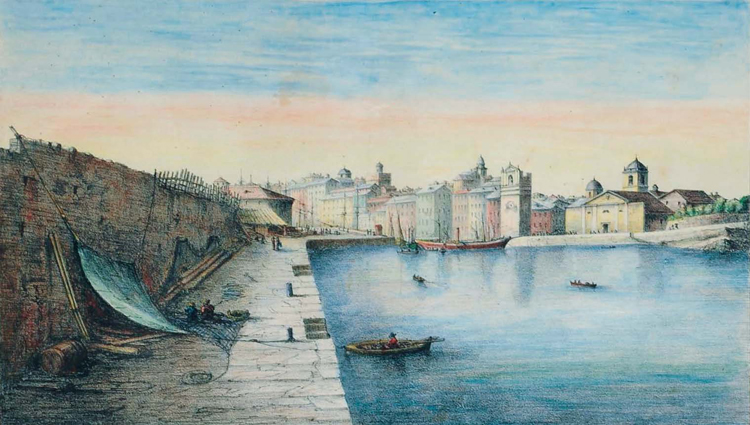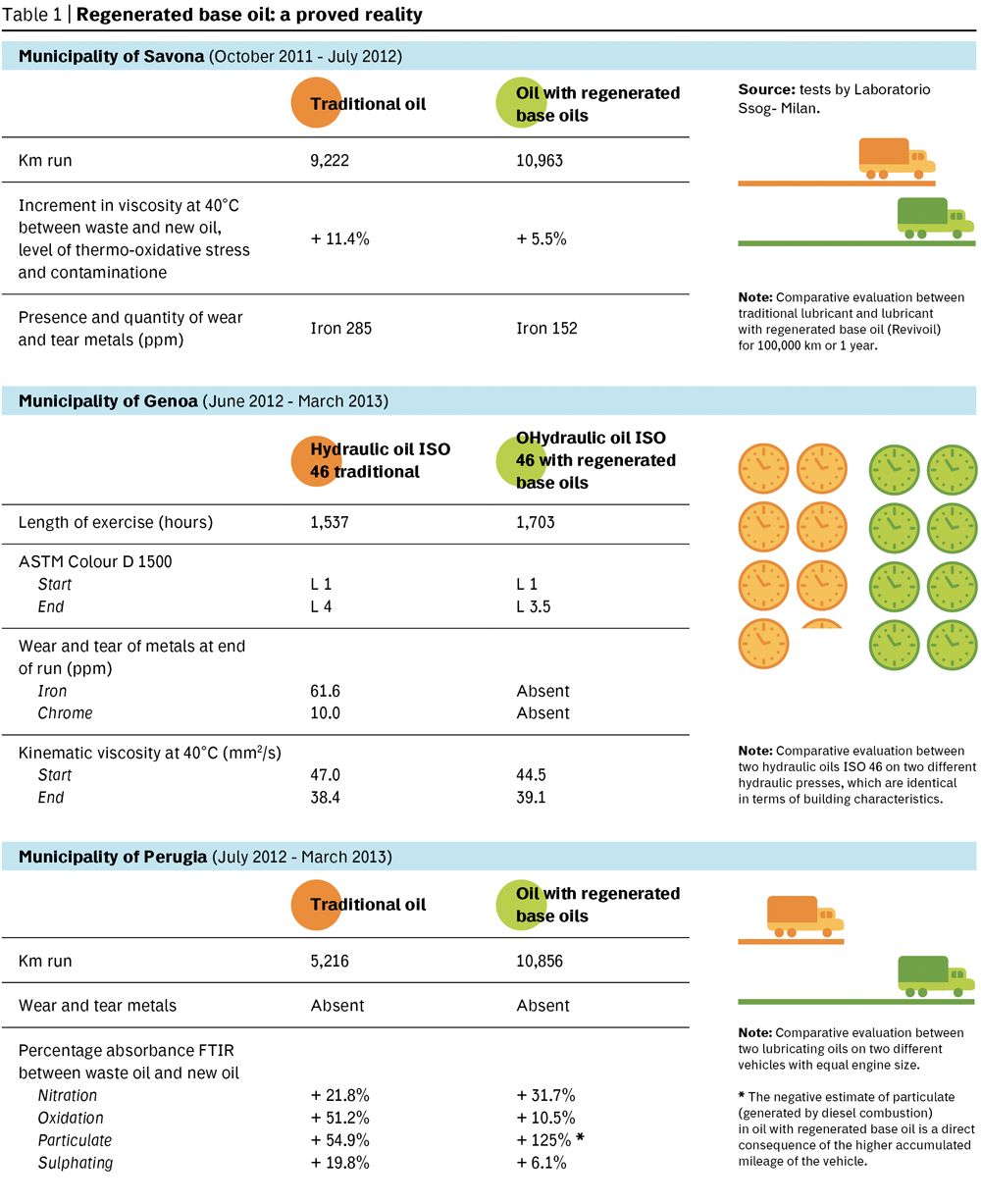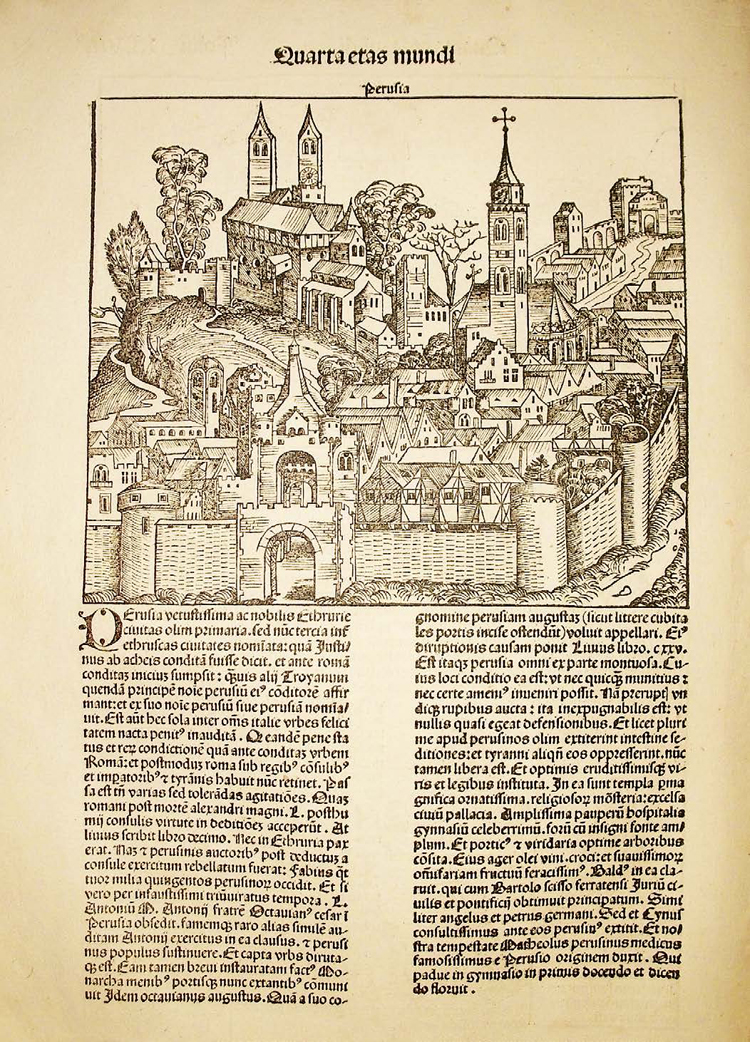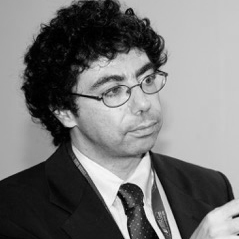Let’s imagine that an Italian local administration wants to be an active part of the circular economy, for example through the Green Public Procurement (GPP), using environmental based criteria when buying goods and services. However, in these times of crisis, it probably wants to do it at zero cost, without added costs for the collectivity. Is this an impossible venture? Not at all.
An example is provided by the lubricating oils that public administrations buy for the engines of their vehicles: public transport, school buses and vehicles for urban cleaning. The lubricants are a mix of basic oils and additives, and today in Italy almost a third of the market is made up of regenerated base oil. Regeneration is a process which transforms exhausted oil, which is a hazardous waste, into a secondary raw material that generates new lubricants. It’s an operation with considerable results: from a ton of used anhydrous oil it is possible to obtain about 750 kg of regenerated oil.
Viscolube is the leading company in Europe for the regeneration of mineral oils. In Italy it has two plants with a capacity to treat waste oil of about 190,000 tons a year. Viscolube has also designed, in collaboration with ANCI (National Association of Italian Municipalities), an awareness campaign in local administrations on the use of regenerated lubricating oils through a circular economy approach. “Together with the biggest additive company in the world (Lubrizol), a few years ago we developed a lubricant entirely based on regenerated base oil, Revivoil, which has been approved by the main engine producers,” explains Marco Codognola, director for trade, purchases and business development at Viscolube. “Even though the trading of the product is a responsibility that rests with our clients, three years ago we wondered whether we should disseminate information among public administrations, which are told to follow the GPP normative but cannot find lubricants based on secondary raw materials on the market. Starting from this idea, we decided to conduct a survey in some municipalities, including Savona, which has been particularly receptive: we signed a memorandum of understanding and we went ahead with the first trial on their vehicles during the period 2011-2012. After the experience of Savona, we started trials in Genoa and Perugia.”
 |
|
Lorenzo Centurione, Savona, XIX century
|
The First Municipalities Involved in the Project
Revivoil is 100% made up of regenerated base oil (15W-40) and can be used as it is in heavy diesel vehicles, while it needs to be added in variable percentages to all commercial lubricants, used for example in petrol vehicles and in diesel cars. According to the agreements with Viscolube, the municipalities have committed to use lubricants made with a certain amount of regenerated oil for their own vehicles or those of their subsidiaries. In the cases of Savona, Genoa and Perugia, two identical vehicles have been used: one using the 100% regenerated Viscolube lubricant – Revivoil – and the other using a traditional lubricant, made from oil refining. This way, it was possible to compare the two performances and the equivalence between the two lubricants was proved through chemical-physical tests carried out in external laboratories (see table 1). More than that: for some parameters it appeared that the lubricant with regenerated base oil was superior. Furthermore, if a local authority decides to use lubricants with regenerated base oil, it does not have to face additional costs: no ad hoc infrastructure needs to be created, it is sufficient to buy the lubricant from the distributor, exactly as in the case of conventional lubricants.

Italian Legislation
Over the years, Italy has introduced one of the most advanced legislations for the correct management of waste oils. Italy is under the obligation to lead all waste oil to regeneration, unlike what happens in other European countries, where incineration is still possible (in the UK, almost the totality of waste oil is burnt). The matter of green purchases by public administrations is a different story. “Italian legislation provides a framework but does not set up specific regulations”, explains Marco Codognola. “The initiative that we are carrying out with ANCI aims at stimulating bottom-up virtuous examples and we hope that the legislator will translate these actions into a national law. I give you the example of the Unites States of America, where by law the lubricants used by public administrations need to contain at least 25% of regenerated base oil. The norm also applies to the American army that, as we can imagine, is one of the biggest consumers of lubricants in the country. Such a simple rule has transformed the American market of waste oil recycling, as until a few years ago all the oil was burnt. The Democratic administration has made a complete change in paradigm possible: today in the Unites States there are many lubricants’ refineries and regenerated base oils cost more than virgin ones as their environmental value is acknowledged.”
 |
|
Hartmann Schedel, Perugia, 1493, from Liber Chronicarum
|
The commitment by Ancitel Energy and Environment – ANCI’s operational body which supports municipalities in the development of new solutions for the environment – is to involve the administrations in the design of a memorandum of understanding, with the aim to adopt a “standard” invitation to tender for the purchase of green products, such as lubricating oil formulated with regenerated base oil. “Ancitel is active in all the macro-sector which comprises separate collection and effective recycling” says Filippo Bernocchi, delegate from ANCI Energy and Waste. “Even though there exist voluntary codes and regulations regarding GPP, it is necessary to support local administrations on the issue of the circular economy. When it comes to inserting regenerated oil into bidding rules, the local administration needs technical supports as well as somebody who can explain how to manage a tender in the best possible way. We have done a first selection of the municipalities that are going to be involved in the project, as some are more sensitive than others. In some cases, even though the administration is sensitive to the issue, the bureaucratic-administrative part is not: the work needs to be done on a double front.”
GPP: Public Administration’s Green Purchases
In Italy – according to data from ISPRA (Istituto superiore per la protezione e la ricerca ambientale, Italian National Institute for Environmental Protection and Research) – purchases by public administrations represent 17% of GDP. This value shows the importance that public administration can have in orienting the market of goods and services, including towards sustainability. The instrument of environmental policy that, by acting on the demand, helps public administrations choose low impact products and services is the Green Public Procurement (GPP). GPP consists in inserting environmental criteria into public administrations’ tenders. This way, tender procedures are guided not only by monetary criteria, but also by the environmental and health impacts generated by the whole cycle of life of goods and services. Among the GPP objectives are:
- efficiency and saving in the use of resources, in particular energy, with a consequent containment of CO2 emissions;
- reduction in the use of hazardous substances;
- reduction in the amount of produced waste: thanks to the rational use of purchases and the definition of environmental criteria aimed at favouring reusable, recyclable products with a longer life and a reduced packaging volume.
The tool to maximize the use of GPP is the Action Plan for environmental sustainability of public administration’s consumption (PAN GPP). This action plan includes the definition of minimum environmental criteria by the Ministry of Environment. They are national point of reference for green public purchases for several product categories: from the construction industry to waste management, from energy services to catering, from cleaning to transport.
Collaboration with Ancitel
“Response from the public administrations that have collaborated with us so far has been very positive, as they see our initiative as a way of transmitting virtuous values to citizens at zero cost” says Marco Codognola. “But we can’t go to every single Italian municipality to recommend our base oil: it is not our job. Our objective is that lubricant-producing companies insert regenerated base oil products in the market and recommend them to public administrations. Let’s bear in mind that today 30% of base oil used by producers is made with regenerated oils, but what is missing is awareness among users, including public administrations, of such a positive market trend. The collaboration with ANCI emerges in this context, in particular that with Ancitel Energy and Environment. After the positive trials in some municipalities, we met with ANCI delegates, to whom we explained how our initiative can value the role of public administration in the circular economy. ANCI’s response to our proposal was enthusiastic.” As of today, Ancitel has managed to involve about 200 municipalities in a series of communication and training initiatives and some groups of municipalities are starting to join the programme, through the adoption of invitations to tender where a lubricant with a minimum value of regenerated base oil is indicated as preferential criteria. The “standard” invitation to tender has been prepared by Ancitel, while Viscolube has provided technical support on minimum environmental criteria and on the rewarding system. “I have greatly appreciated Viscolube’s environmental sensitivity. It is a company that, despite being leader in its sector and not facing competition, has decided to support local administrations in this virtuous journey” explains Filippo Bernocchi. “We are committed to use secondary raw materials also in other supply chains, such as tyres and packaging. There is a strong debate between those who would like GPP to become compulsory by law, with sanctions being applied, and those who do not share this approach. The issue is complex and it is necessary to examine case by case and see, for each secondary raw material, to which point there is equivalence between virgin and regenerated raw materials according to their technical performance. I therefore believe that today the best investment is raising awareness among local authorities on secondary raw materials’ advantages for the environment, the economy and, not the least, Italian industry.”
Info
Top image: Pasquale Domenico Cambiaso, Recreation Area of Filipino Priests in San Michael Church, Genoa, mid XIX century, city’s print collection


